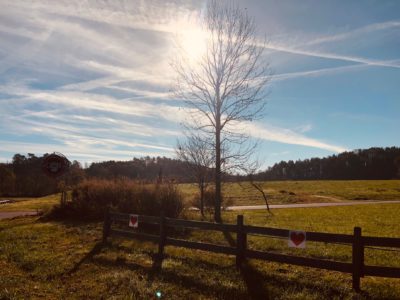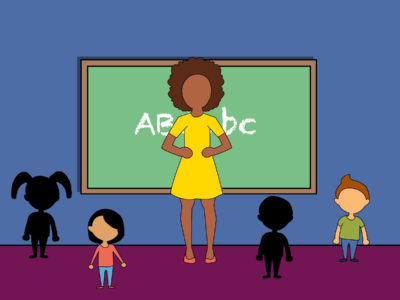

During the COVID-19 pandemic, I remain inspired by families, students, and teachers. I have had the pleasure to see the amazing things people have done out of love, passion, purpose, and grit.
The Saturday before Gov. Roy Cooper made the decision to close North Carolina schools, my executive director, the dean of Middle and Upper School, and I were trying to come up with a distance learning plan for students. We knew it was inevitable that students were not going to be able to come to school, but we didn’t know to what extent.
While we were discussing a plan of action, my director stopped us and said: “I have something to tell you … I want you to take a big breath.” She paused and informed us that Cooper just announced the closing of North Carolina schools.
We knew definitively that we were transitioning from face-to-face learning to an online platform. We had to work expeditiously and diligently in order to prepare for distance learning that was effective and sustainable. My executive director told myself and a colleague “that we could either be an exemplary charter school or a charter school that hops on a struggle bus.” I decided that our school would be a premier charter school in North Carolina that effectively and swiftly transitioned into distance learning.
I did not have any idea how the teachers were going to handle the news that they were going to have to take their classrooms virtual. I was just thinking about all the teachers, their teaching styles, their level of experience, and their abilities to effectively integrate technology into their lessons. I have slowly been working to move teachers toward 21st century instruction. Some teachers were headed toward the finish line, while others were at the starting point. Regardless of what level teachers were at, when COVID-19 hit, they needed to be at the finish line immediately.
When presenting remote learning plan to teachers, I couldn’t help but to think about how overwhelmed they probably felt. Some of the most tech-savvy teachers had their work cut out for them. You quickly find out how good a leader is by how they lead during a crisis. The teachers I serve really showed up and showed out.
I saw teachers at their best after they realized that they had one week to create distance and blended learning classrooms. Not once did they complain. No matter the age, experience, style, or personality, they did what they had to do for their students. I began to see their innovation, their culturally relevant practices, and their implementation of mindfulness and social-emotional learning. I will forever be inspired by their hard work, dedication, and love for their students.
Take Ms. Hayes, a veteran teacher. Even though she is not a fan of technology, she understands that her students will need to be familiar with technology in order to thrive in an increasingly digital society. During COVID-19, Ms. Hayes grew to a point where her love for her students overshadowed her disdain for technology. Who knew that the two could coexist together?
She fell in love with video conferencing with her students and families. The dedication Ms. Hayes had for her students prompted her to love video conferencing. She explained to me repeatedly, “I am so happy, I finally get to see my babies and talk to them.” Ms. Hayes would dress up for her Zoom sessions and made her online classroom engaging just like her physical classroom.
Ms. Hayes wasn’t the only teacher with a huge learning curve when it came to digital learning. When working with these teachers, I felt like I was back in the classroom. Seeing these teachers work so hard to learn different tools kept me inspired to push them to their maximum potential.




